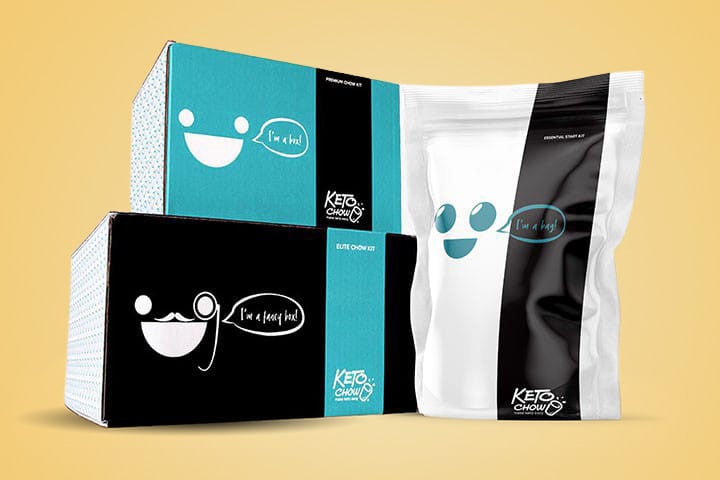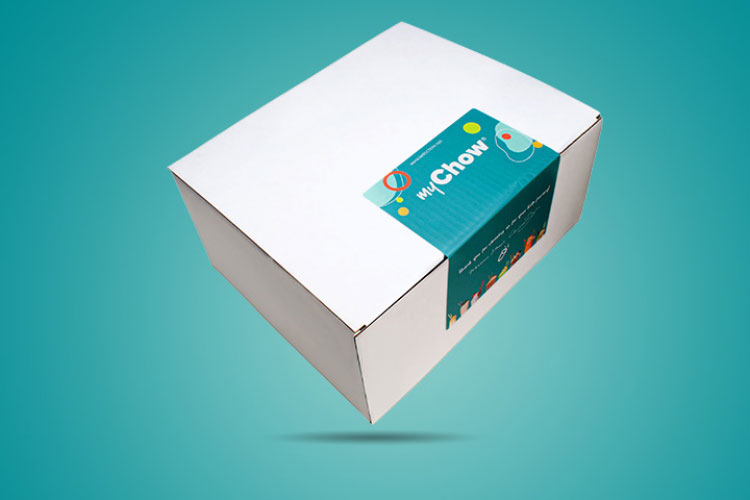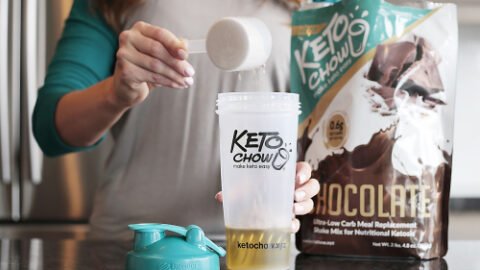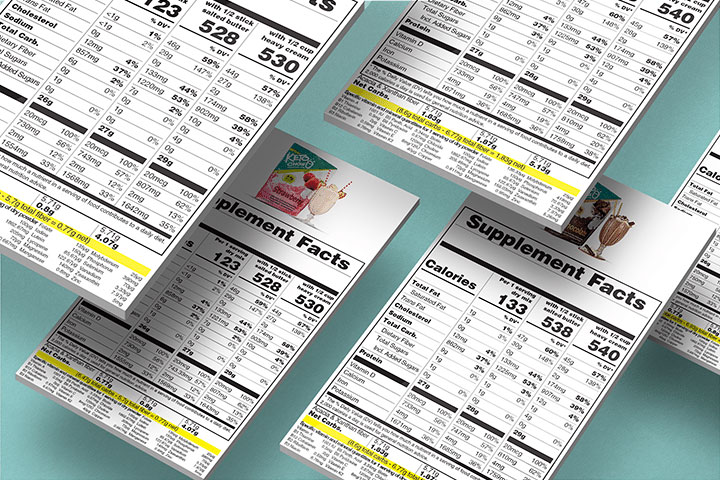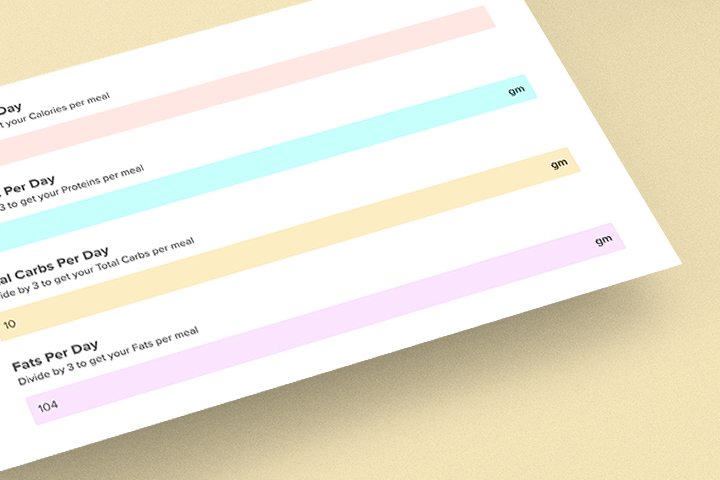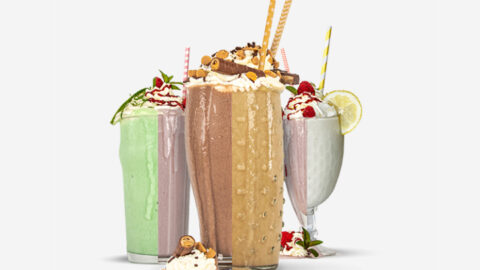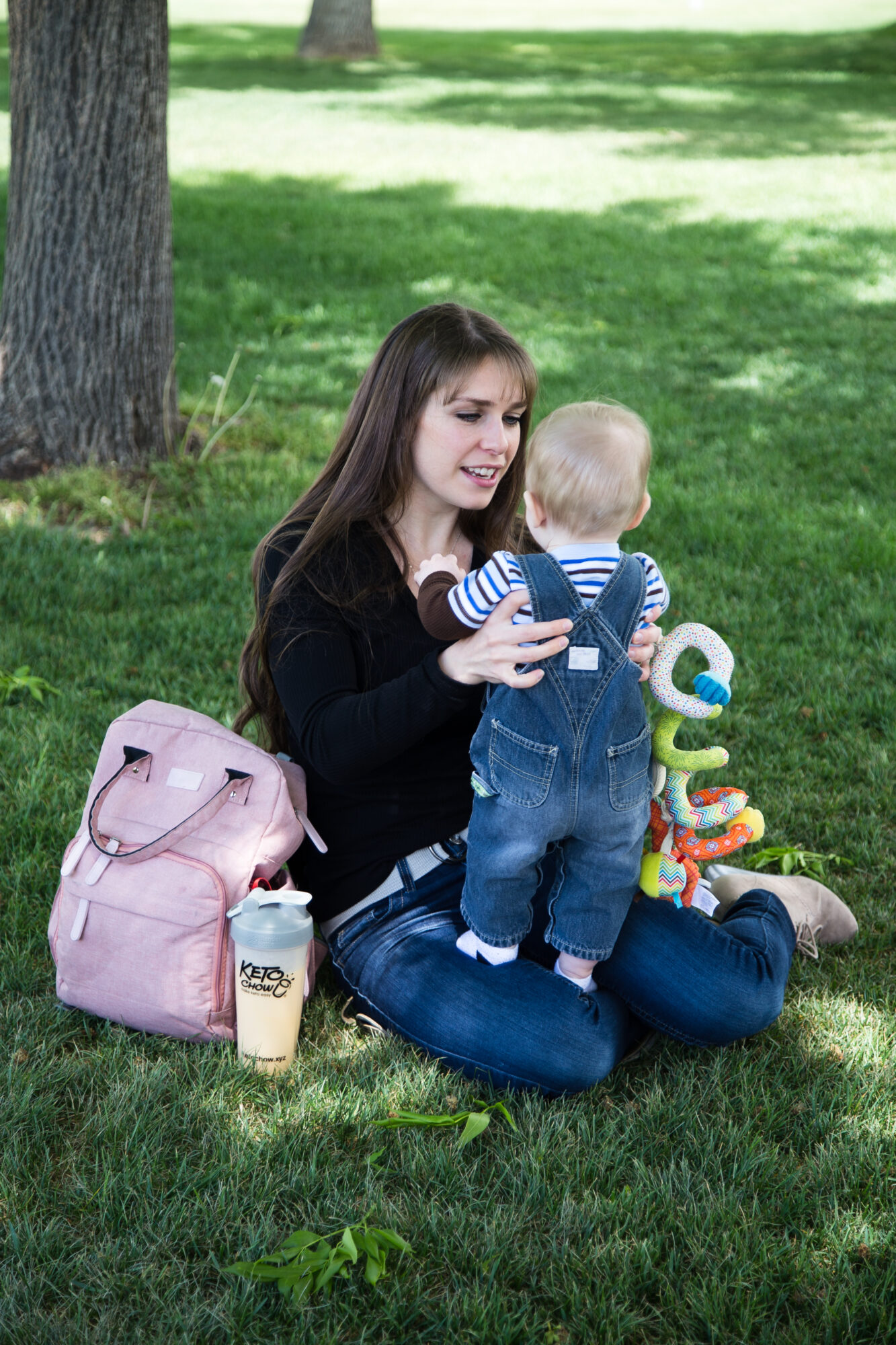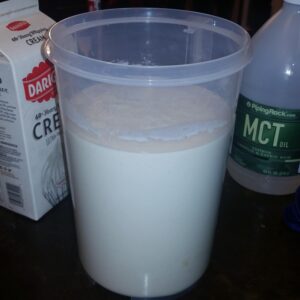Let me consult my crystal ball and tell you exactly how many calories women should eat.
Oh, wait. I can’t do that.
It turns out the human body is more complex than a dollar store calculator. If only we could put in precise mathematical inputs and be guaranteed precise results. Unfortunately, things are a bit messy when it comes to human metabolisms.
Plus, how many calories you need depends on what you’re trying to accomplish. Do you want to lose weight? Gain weight? Maintain your current weight? Different goals call for different strategies.
Still, if you’re looking for guidance, then you’ve come to the right place.
Counting Calories: A Mostly Losing Proposition

If you’re curious about calories on a keto diet, I’m going to assume you’re aiming for fat loss. If so, the question isn’t how many calories you should eat. The question is, why are you still trying to count calories?
If you’re looking to lose weight, you’ve likely already tried cutting calories. Probably more than once. Maybe you’ve tried it for five, ten, or forty years! If it never worked—or never worked for the long-term—why do you want to do it again?
“I went on a low-calorie diet, lost all my extra weight easily, and have kept it off for twenty years,” said no woman, ever.
If counting calories was effective for helping you lose weight and keep it off, you wouldn’t be reading an article about calories. You’d be too busy enjoying life at your goal weight.
Metabolism Isn’t Math

A group of people can eat exactly the same food but each individual will have a different physiological response. This tells us that there’s more factoring into how the body processes food apart from the amount of energy the food provides.
That’s what calories are—units that measure energy. In the same way that miles and kilometers measure distance, calories measure energy. One calorie is the amount of heat energy required to raise one kilogram of water by one degree Celsius. Seriously. That’s the definition. How relevant do you think that is to what happens inside your body?
Calories matter, but so does the composition of the food you eat. This is why so many women who tried counting calories for years only found weight loss success when they adopted a keto diet.
If you eat low-calorie foods but they make you feel even more hungry not long after, it can be awfully difficult to lose weight. To do this for the long term, you have to override your biology. You have to white-knuckle through every hunger pang and ignore your body screaming at you to eat. (Sound familiar?!)
Meal Plans Aren’t the Answer

In over a decade as a nutritionist, I have never given someone a meal plan. Not once.
I give clients specific advice tailored to their personal situation, but I have never told someone exactly what to have for lunch next Thursday.
Why not?
A meal plan that tells you exactly what to eat every day forces you to ignore or override your body’s hunger and fullness signals. This is particularly true of a meal plan that calls for the same number of calories every day, regardless of what’s happening in your life.
Your appetite is influenced by a host of factors that don’t respond to “calories.” In your pre-keto life, did you ever go to a Chinese buffet and go to town eating all the things? When you finally called it a night, you were stuffed. Like, unbutton-your-pants, roll-you-out-the-door levels of stuffed. But what happened just a few hours later? You were hungry!
What gives? Were the thousands of calories of rice, noodles, dumplings, meat, and sugary and oily sauces not enough to keep you satiated for more than a couple hours?
There’s more going on here

Counting calories might work in the short term but it’s rarely the answer to long-term, sustainable weight loss. And that’s really what you want, right? Not just to lose weight, but to keep it off.
Find a way of eating that allows you to hear your body’s signals and makes it easier to follow them. For many women, this ends up being a low-carb or ketogenic diet.
This way of eating helps to keep blood sugar and insulin at stable, low-normal levels. And most women find that when they’re off the blood sugar and insulin roller coasters, they’re hungry less often and they don’t become ravenous and irritable from low blood sugar, which in the past led them to eat everything that wasn’t nailed down.
So, most women find that they consume fewer calories on a keto diet without actually counting calories.
Women’s Weight Loss Struggle Bus
Counting calories might be helpful for you. But if you’ve already done that and stubborn weight isn’t budging even on a keto diet, there are three issues that come to mind for women.
1. Are your thyroid hormones optimized?

Thyroid hormone is sometimes called the “master regulator” of your metabolic rate. It determines the amount of energy your body uses (the calories it burns) just to stay alive. Not when you’re doing sprints or bathing in a pool of your own sweat in a hot yoga session. Just the minimum your body requires to power your basic functions, like breathing.
If your thyroid hormone—T3, specifically—is overtly low or even just on the low end of normal, your metabolic rate will be a bit low and it will be difficult to lose weight, even on a keto diet.
I see this in clients all the time. I can tell when someone is sticking to keto because their labs look great: triglycerides are low, HDL is normal-to-high, HbA1c and fasting glucose and insulin are on the low-normal side.
But they struggle mightily to lose weight. Their bodies refuse to give up even a few ounces. (They typically have additional signs and symptoms of low thyroid. Stubborn weight is rarely the only one.)
Conventional thyroid testing fails to detect many cases of hypothyroidism
It’s not uncommon to have low thyroid and be undiagnosed for years. You may even have been accused of lying about your diet and exercise when talking to your doctor about how difficult it is for you to lose weight.
(If you suspect sluggish thyroid might be getting in the way of your weight loss, and you have other obvious symptoms, this presentation will equip you with everything you need to know about thyroid.)
2. Are you eating enough protein?
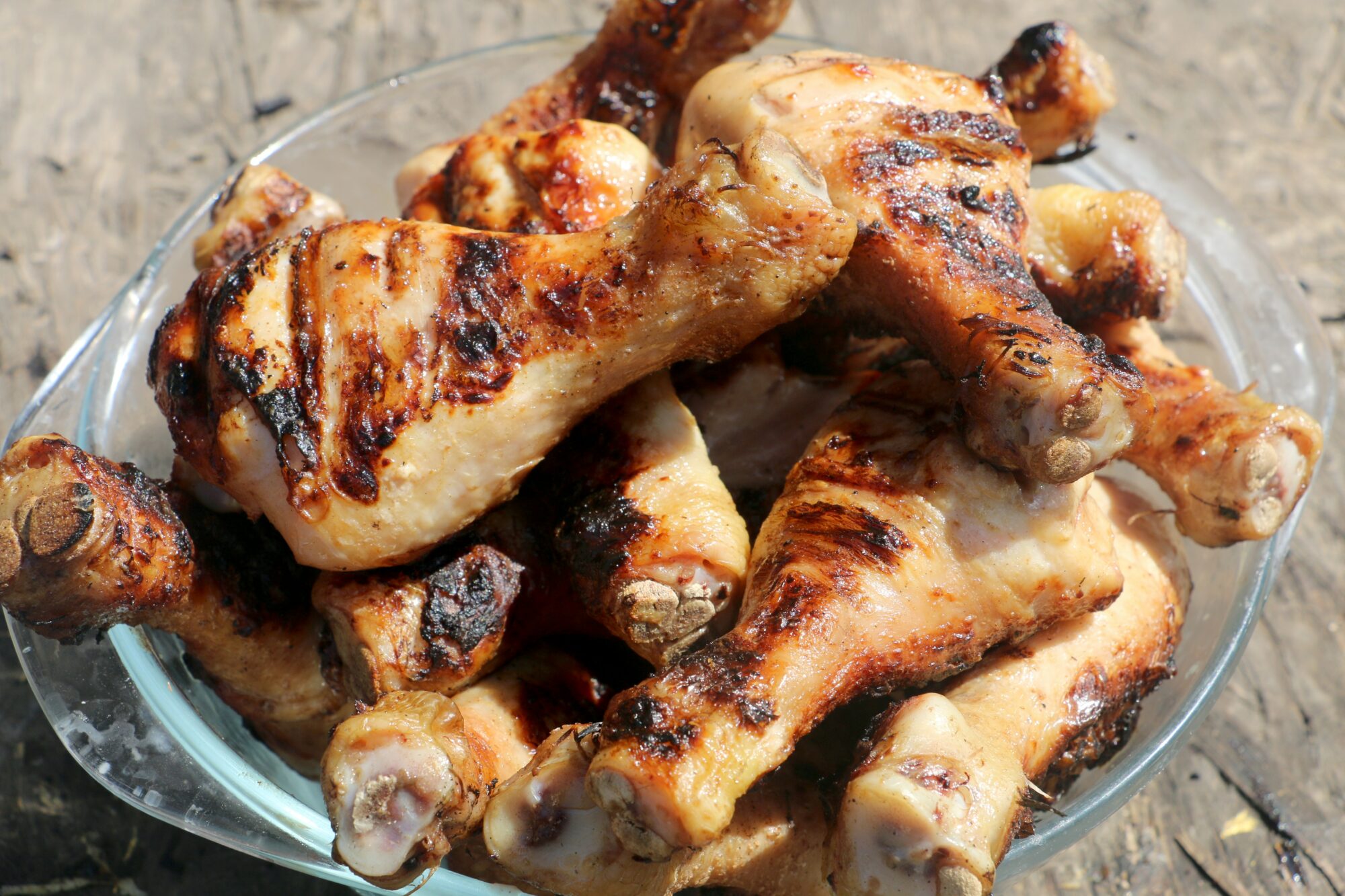
Protein intake is the second thing I look into when a client is having a hard time losing weight.
Skimping on protein doesn’t directly put the brakes on weight loss. But if a woman is restricting her protein intake on keto because she’s bought into falsehoods that protein “spikes insulin” or that it “turns into sugar,” she might be steering clear of a higher protein intake and favoring fat instead.
We welcome fat on a keto diet (leave the rice cakes and fat-free cottage cheese in the 1980s where they belong), but there’s such a thing as too much fat on keto, particularly if losing body fat is your main goal. (See this article for why overdoing fat can get in the way of weight loss.)
If you’re having a hard time losing weight, adding lots of fat and oil to your food to make it “more keto” typically isn’t the way to get the scale moving again. (This video gets into more detail about why protein is so important for women.)
3. Do you have lipedema?

If you’re having an especially hard time losing fat specifically from your lower body (legs, hips, thighs, buttocks), it’s possible you have lipedema. Lipedema is a disorder of fat storage, and unlike normal body fat, the fat in lipedema is very resistant to reduction via diet and exercise.
Lipedema can affect the arms and upper body but it more commonly affects the lower body. If your lower body is very disproportionate and much larger than your upper body, and if that lower body fat is painful and nodular, investigate whether you have lipedema.
Counting calories will not help you lose fat if you have lipedema – but a keto diet can help. It’s estimated that as many as 1 in 11 women have lipedema – and many don’t even know they have it!
Doctors aren’t trained to recognize it, so, much like with thyroid, you may have been told to just eat less and move more – a strategy you’ve probably tried for years already, with zero fat loss to show for it.
(Check out this video to learn more about lipedema and how keto diets can help.)
A General Guide

I know, I know … you still want someone to just tell you what to eat! If having a ballpark number to aim for would help you feel more confident that you can reach your keto goals, the Keto Chow macro calculator can get you started.
Keep in mind everything you’ve read so far, though. If you stick with those recommendations for a while and the results you want aren’t coming, you might need to refine things a little further based on individual factors.
Summing Up

So, how many calories do women need on keto? It depends. It depends on your current metabolic rate and what your goal is. But if counting calories got you nowhere in the past, it’s probably not a good use of your emotional energy now.
Your best bet is to work with a professional who can help you design a strategy that will work with your body, rather than forcing your body to fit into a mathematical formula that ignores biology.
For more on keto diets for women, see this article.
Looking for a low-carb meal?
Then check out Keto Chow! Keto Chow is a keto meal shake with one-third of your daily recommended servings. It can be made in seconds: simply choose your choice of fat (we recommend 4 oz. heavy cream), 2 cups of water, and a packet of Keto Chow into a BlenderBottle® or shaker bottle. Then shake, refrigerate, and enjoy!
Choose from over 30 delicious flavors!


